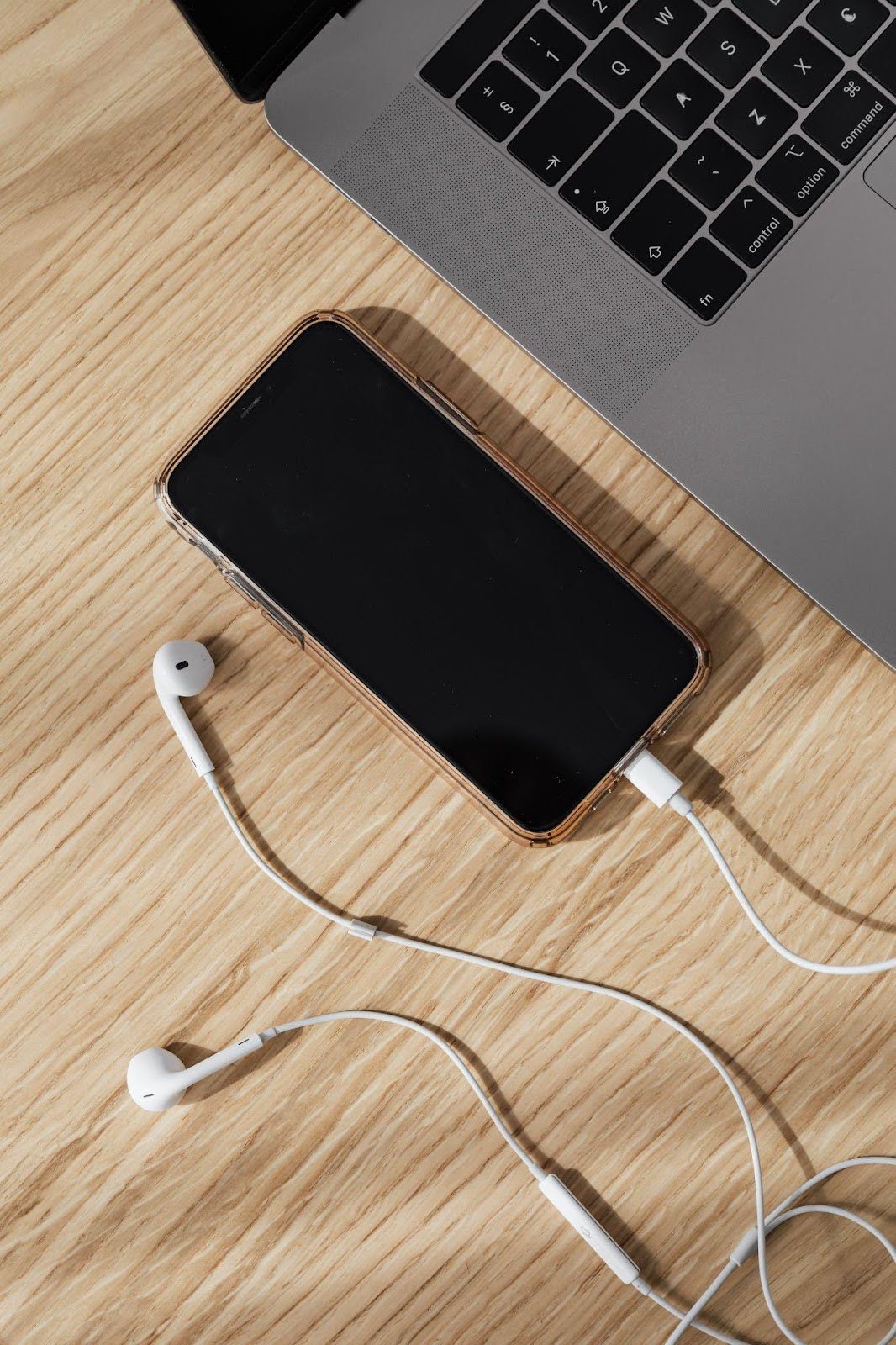
Without even noticing it, our smartphones practically became extensions of ourselves. They're not just handy gadgets for checking the weather or sharing cat memes - they're powerful tools that help us work on the go. However, with great power comes great responsibility and, in this case, great risk. The omnipresence of phones in the workplace, while immensely convenient, has brought along a set of cybersecurity challenges that can't be ignored. In this article, we'll delve into the world of workplace smartphones and how they can be both a valuable asset and a serious threat to your cybersecurity.
Protect Your Network
One way to mitigate these risks is by using a VPN. A Virtual Private Network acts as a secure tunnel for your data, encrypting it as it travels between your device and the destination server. This added layer of security can shield your sensitive information from prying eyes. Research conducted by cybersecurity experts shows that 68% of data breaches related to mobile devices could have been prevented by using a VPN. So, if you haven't already, consider downloading a secure VPN option like ExpressVPNto your cybersecurity arsenal.
Take Care Of Your Passwords
While smartphones are indeed powerful work tools, they are also a treasure trove of information for cybercriminals. Your phone may contain sensitive work emails, confidential documents, and even payment details if you use mobile banking apps. You would be surprised how many people store their work-related passwords on their personal devices. This risky behavior opens the door for potential data theft, as smartphones are prone to theft and loss.
To protect yourself, it's essential to use strong, unique passwords for all your work-related apps and accounts. Additionally, enable two-factor authentication like Oktawherever possible. These simple steps can reduce the number of threats you’re exposed to and ensure that even if your smartphone falls into the wrong hands, your data remains secure.
Change Your App Settings
Another essential consideration is app permissions. Many applications request access to your phone's camera, microphone, and location data, even if it seems unnecessary for their intended function. A study by the Pew Research Center found that 64% of smartphone users feel that companies are collecting too much personal information. To safeguard your privacy and security, check your app permissions and grant access only when it's genuinely required.
Stay Away From Public Wi-Fis
Furthermore, employees should be cautious when connecting to public Wi-Fi networks. Cybersecurity experts warn that unsecured public networks are a playground for cybercriminals. Using such networks can expose your phone to various threats, including man-in-the-middle attacks, where hackers intercept and alter data transmitted between your device and the network. If you must connect to public Wi-Fi, use a VPN and ensure your device's firewall is active.
Conduct Regular Employee Training Sessions
Employers, too, play a significant role in mitigating smartphone-related cybersecurity threats. They should implement robust security policies and educate employees about the risks associated with smartphone usage. A study by the Ponemon Institute found that 56% of businesses had experienced a data breachdue to unsecured mobile devices. By enforcing secure practices and providing training, companies can reduce their vulnerability to cyber threats.
Conclusion
Smartphones enable us to work efficiently, stay connected, and adapt to the fast-paced demands of our professional lives. However, this convenience comes at a price – the constant threat of cybersecurity breaches. The statistics and research presented here underline the need to be vigilant about smartphone security. From using a VPN to protect your data on the move to carefully managing app permissions and practicing safe Wi-Fi habits, there are numerous steps individuals and organizations can take to defend against cyber threats.
The key takeaway is that while smartphones offer us tremendous capabilities, we must be equally aware of their vulnerabilities. By adopting best practices and staying informed about emerging threats, we can harness the power of our smartphoneswithout falling victim to the dangers that lurk in the digital shadows. In this interconnected world, the choice is yours: wield your smartphone as a powerful ally or let it be the weak link in your cybersecurity strategy.The decision couldn't be more critical for your digital well-being.